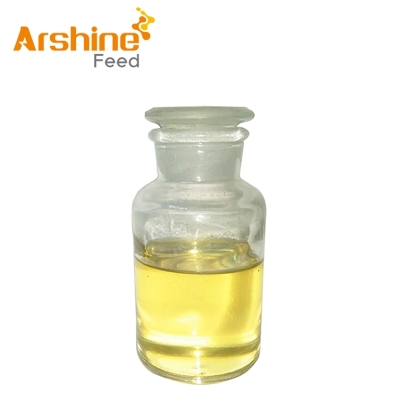It is expected that the incidence of livestock and poultry will rise in this warm winter
-
Last Update: 2008-11-03
-
Source: Internet
-
Author: User
Search more information of high quality chemicals, good prices and reliable suppliers, visit
www.echemi.com
Introduction: strengthen management and prevention in advance According to the forecast of meteorological experts, warm winter climate may appear in our province this year What is the effect of warm winter on livestock breeding? Recently, the reporter interviewed Ge Baowei, deputy head of the provincial animal epidemic prevention station on this issue According to ge Baowei, as the warm winter climate will appear, first of all, autumn will be prolonged correspondingly, and next spring will come earlier, so that the vulnerability of livestock and poultry in spring and autumn may appear in this winter Secondly, this kind of climate is prone to windy, rainy, high air humidity The weather is hot and cold, and the temperature difference between morning and evening is large, which not only causes many inconveniences to the management of the farmers, but also makes the livestock and poultry always in a state of stress, the resistance is reduced, and the probability of disease is increased So what diseases are likely to occur to livestock and poultry this winter? Ge Baowei said that, generally speaking, warm winter climate is not conducive to air purification, and the bacteria in the air are relatively strong in survival capacity, which can easily cause some respiratory diseases In autumn, the incidence rate of chicken pox is higher than that in previous years, and it is expected to last for a time When the weather is cold and hot, the incidence rate of swine flu will increase It is easy to cause coccidiosis of chickens, colibacillosis of livestock and brain edema of piglets, etc.; in addition, Parasitosis of cattle, sheep and other domestic animals such as burnt insects and mites are also more likely to occur Ge Baowei reminded the majority of farmers that from now on, the management of livestock and poultry must be particularly meticulous, and should not only rely on the management experience of the previous winter to deal with, but also do a lot of preventive measures in time: first, to maintain the sanitation of livestock and poultry houses, and have good ventilation and insulation; second, pay more attention to the change of temperature and humidity in the weather, when the weather changes suddenly, should Timely feed the livestock and poultry with drugs and vitamins to prevent diseases of upper respiratory tract and digestive tract; third, keep the drinking water fresh and clean, and drink warm water In addition, due to the slow temperature drop, the stored grain and feed are prone to mildew and deterioration, so it must be selected for re feeding to prevent livestock and poultry from mildew poisoning
This article is an English version of an article which is originally in the Chinese language on echemi.com and is provided for information purposes only.
This website makes no representation or warranty of any kind, either expressed or implied, as to the accuracy, completeness ownership or reliability of
the article or any translations thereof. If you have any concerns or complaints relating to the article, please send an email, providing a detailed
description of the concern or complaint, to
service@echemi.com. A staff member will contact you within 5 working days. Once verified, infringing content
will be removed immediately.







